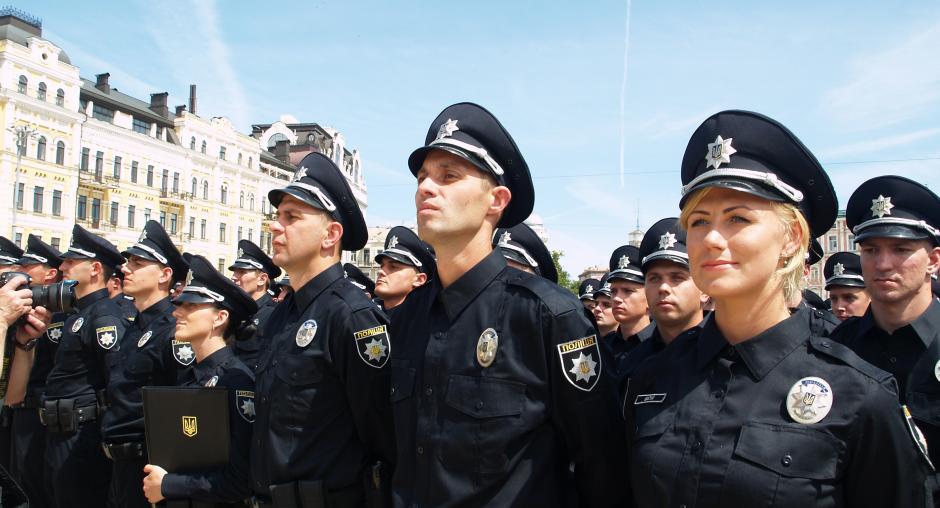What we do
Policing
Exploiting new technologies and means of communication, international criminal networks are increasingly interconnected and dynamic and adapt well to new circumstances, challenges and opportunities. The OSCE addresses these transnational threats through a comprehensive strategy focused on building modern, democratic and pro-active police services that are able to respond to the ever evolving transnational threats.
The OSCE’s police-related activities are an integral part of the Organization’s efforts in conflict prevention, crisis management and post-conflict rehabilitation.
Within the OSCE Secretariat, the Transnational Threats Department’s Strategic Police Matters Unit (SPMU) is the focal point for the OSCE’s police-related work which is divided into two main categories:
- Police development and reform within the principles of democratic policing, a special focus on community policing and police-public partnership, training initiatives, and promoting the protection of victims and vulnerable persons;
- Building capacities of law enforcement agencies of OSCE participating States and Partners for Co-operation to be able to effectively counter transnational organized crime, terrorism, trafficking in illicit drugs, trafficking in human beings and cybercrime.
The OSCE works with police agencies across the OSCE region. The SPMU maintains a network of police advisers in field operations and provides expert advice and assistance to participating States to help develop accountable police services that serve and protect their citizens. Most OSCE field operations run programmes on police reform and development, which include:
- Building capacities of the law enforcement to address transnational threats;
- Developing and organizing sustainable police education programmes;
- Organizing leadership and management training for law enforcement and government officials, judges and prosecutors;
- Strengthening investigative and analytical skills;
- Enhancing competencies in conducting financial investigations, in addressing money laundering and in seizing criminal assets;
- Developing community policing initiatives and police-public partnership;
- Addressing domestic violence;
- Assisting in strategic planning and threat assessments;
- Supporting information exchange amongst border officials;
- Facilitating information sharing and the exchange of best practices;
- Analysing and assessing lessons learned to develop guidance;
- Advising on legislation reform and institution-building;
- Promoting intelligence-led policing;
- Monitoring police work for compliance with international human rights standards; and
- Supporting regional and international police co-operation.

